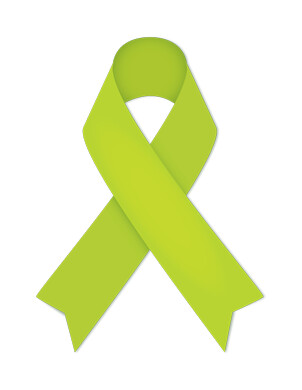Mrs. Friel’s Mental Health Awareness Month Pointers

May 17, 2023
It can be hard to tell when someone is going through a rough patch, and sometimes we aren’t sure what can help them or ourselves. Mental health affects humans throughout their lives. Although it is normal to have on-and-off days, we sometimes have a hard time coming up with a way of getting through it. As part of Mental Health Awareness Month, WHS counselor Stephanie Friel offers her advice to students who are having a difficult time—and to those who aren’t sure what they can do to help.
What is your advice to people who want to help someone who is struggling? How should they approach the topic, and what is important for them to remember?
“The best thing you can do is listen. Be open to hearing what they have to say. Try to stay calm and be patient with the person who is sharing their concerns. You do not have to fix what they are struggling with, but really try to hear them and let them know they are not alone. If you want to help them feel comfortable speaking to you, you do not want to make the person feel like they are being criticized or humiliated for feeling how they do. Also, know when to reach out to a trusted adult who can help the student get connected to professional support.”
What are noticeable signs that someone is going through a rough time?
“Many times, the signs are not always noticeable, however, there are some things that may be visible. If they feel excessively sad or low, feel worthless, have extreme moods shifts, uncontrollable worries, fears, or emotions, talk of sleep problems or possibly trying to sleep much of the day away, have low energy, prolonged irritability or anger, or if they withdrawing from or avoid the things they used to love and avoid friends and social activities, those are signs that they might be dealing with a mental health concern.”
What coping skills would you recommend to someone who is struggling and why?
“Some coping skills that can help are focusing on the positive, practicing gratitude and helping others when you can, trying relaxing activities that you enjoy, setting goals that are attainable and that you can reach for, getting good sleep, exercising and eating healthy, and taking care of your body. Spend time with friends or hobbies. Try to find humor and joy in the little things. Meditate, practice deep breathing exercises or progressive muscle relaxation, use imagery, and challenge irrational thoughts. Break up the monotonous routines and plan for some fun, happy experiences that can create balance.”
What should you NOT do when talking to someone struggling with mental health?
“Do not brush the person off if they are reaching out to you for help. Do not try to diminish how the person is feeling. Don’t make comments such as “You’re fine” or “Cheer up.”
How important is mental health to you and in what ways do you maintain a balanced mental health?
“It is very important to have good mental health. There will always be good and bad days, but when bad days outweigh the good, or negative feelings and emotions are overpowering the positive ones, and when you feel your mental health is impacting you in a negative way, reach out for help. There is no shame in recognizing that mental health is just as important as physical health. Self-care is extremely important and finding what works best for you to find balance with things that bring you joy. Manage your stress and practice good coping skills through mindfulness activities and exercises. Stay connected with others and build those relationships so you feel like you aren’t alone. Be kind and compassionate to yourself and value YOU.”